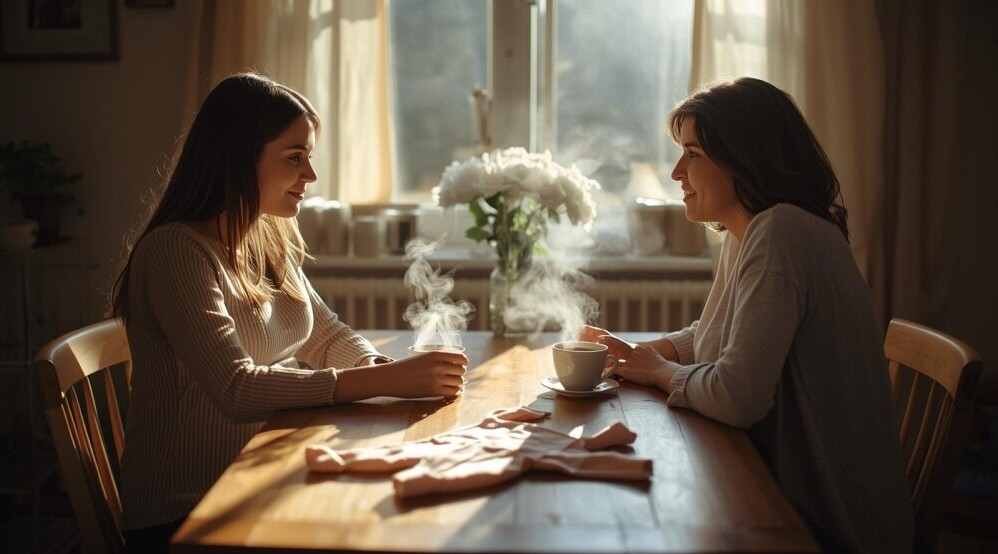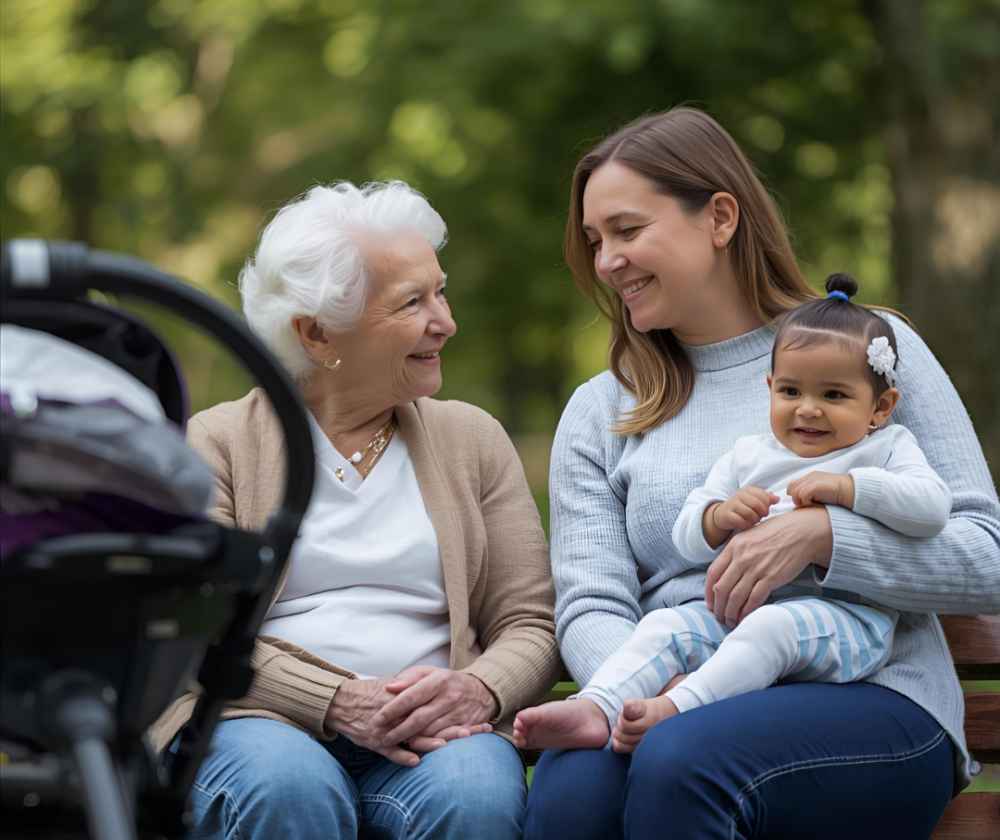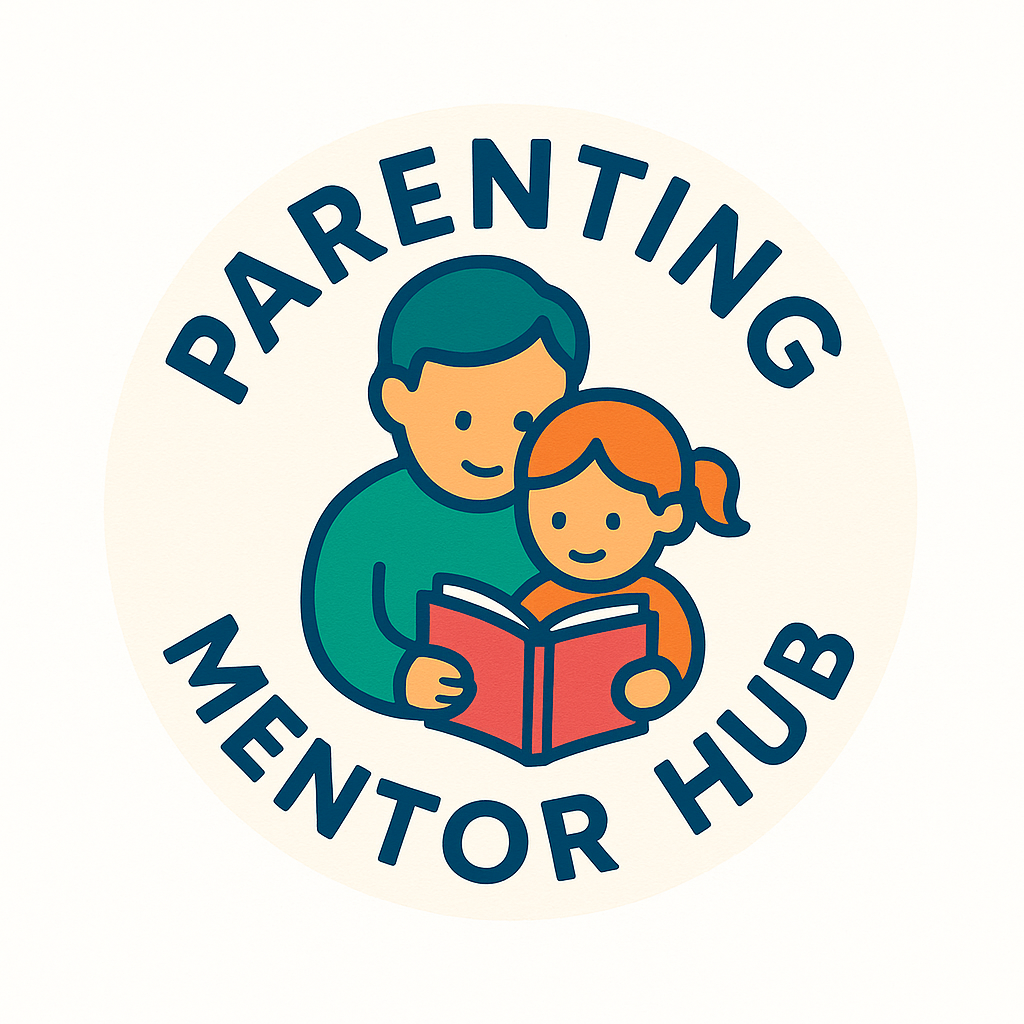
So you’ve heard the exciting news – your daughter is expecting her first baby.
Suddenly, the roles in your family are shifting, and a new generation is about to begin. It’s a joyful moment, yet it can also stir questions: What’s my place now? How involved should I be? How can I help without stepping on toes?
Becoming a grandparent is one of life’s great transitions. It brings the delight of a new little person to love, along with the challenge of learning when to step forward and when to step back.
Understanding the New Role
Being a grandparent today looks different from how it used to. Even when families live close together, expectations vary widely. Some parents want hands-on help and lots of contact; others prefer more space. It’s important to remember that everyone is learning to adjust, and that you all want what’s best for the baby.
Adult children tend to value grandparents who offer love and practical support while respecting new routines and parenting styles. A simple, specific question such as, “Would you like me to help tonight?” is often gratefully accepted, whereas unasked-for advice can easily grate.
Advice feels best when it’s invited. Phrases like, “This is what I used to do, but things have changed a lot since then,” show understanding and openness. Respect for the parents’ choices keeps relationships warm and relaxed.
Over time, involvement shifts. Early on, it may mean extra hands around the house; later, just a reassuring call or message. Staying flexible keeps family life calm and connected.
Offering Practical Support
Many grandparents wonder how best to help. The answer lies in learning the parents’ routines and following their lead. Each family has its own rhythm. Some welcome regular babysitting; others prefer occasional help, perhaps a few groceries dropped off and a quick chat. Trust your instincts and do what feels right for you.
Never agree to help – except in an emergency – if you’ll begrudge the time because you’d planned something else. Genuine willingness matters more than frequency.
Parenting guidance also changes quickly. Sleep positions, feeding advice, and safety rules aren’t what they once were. What was considered safe thirty years ago may now be discouraged or even against the law. Checking NHS guidance or asking the parents about current practice shows that you care and builds trust.
And in the age of social media, photo sharing needs care too. Always ask before posting pictures of your grandchild. Every family has its own comfort level, and respecting that helps avoid awkward moments.
When chatting with other grandparents, let them tell their stories too – it’s easy to get carried away when you’re proud, but listening keeps connections strong.
Supporting doesn’t mean overextending. Offer only what you can realistically manage. Keeping promises, even small ones, matters more than trying to do everything.

Nurturing Emotional Bonds
A grandparent’s presence can anchor a child’s world. Bonds grow through simple moments – reading, walking, laughing, listening. These small rituals are what children remember.
For families who live apart, technology is a gift. Video calls, recorded bedtime stories, or handwritten notes can bridge the miles. Regular contact, in whatever form suits, keeps the relationship alive.
It’s natural to feel unsure or even left out sometimes. Remember that you’re one set of grandparents – your grandchild has another family branch too. There’s no competition here; each side brings different gifts. One grandparent might love reading and theatre trips, another might take them swimming or skating. If your grandchild gets both, they’re very lucky indeed.
Passing on Stories and Traditions
Family stories, recipes, songs, and customs help children feel they belong. The aim isn’t to preserve everything exactly as it was, but to share warmth, humour, and a sense of history.
Staying connected across generations also means staying curious. Listen to their music, try a new game, or let them teach you something from their world. Even very young children these days can help you set up a phone or show you how an app works.
Traditions evolve – some fade, others transform. The memories that last are often the unplanned ones: the biscuits that went a bit wrong, or feeding the ducks on a blustery walk.
Keeping Relationships Healthy
At the heart of being a wonderful grandparent lies respect – for the new parents, for changing times, and for your own limits.
- Keep communication open. Listen first; respond calmly.
- Offer help, then step back.
- Stay up to date on safety and health advice.
- Respect boundaries – different rules aren’t personal.
- Enjoy the role. You don’t need to be perfect.
Being a grandparent gives you the chance to spend time with your grandchild – this time with more patience and less pressure than before. Take joy in that.
Enjoying the Journey
Perhaps the best part of being a grandparent is being able to simply enjoy it. Children grow quickly, and this time is too precious to spend worrying about whether you’re “doing it right.”
Without the daily pressures of work and routine, time with grandchildren can feel wonderfully freeing. Follow their lead – head to the park, splash in puddles, build towers, or curl up with a puzzle. The joy is in being present, not in planning the perfect day.
Every shared laugh, every muddy boot, every quiet cuddle builds memories that last far beyond the moment. Grandparenting lets you rediscover wonder – through the eyes of a child and the calm of experience.
How do you enjoy time with your grandchildren?
Share your favourite moments or traditions in the comments below. They might inspire another grandparent today.

Such a beautiful read – I love how you captured the circle of life and the quiet joys of becoming a grandparent. Truly inspiring! ❤️
Thank you so much for your kind words. I am really glad that you enjoyed reading it and found it inspiring.
Isabella